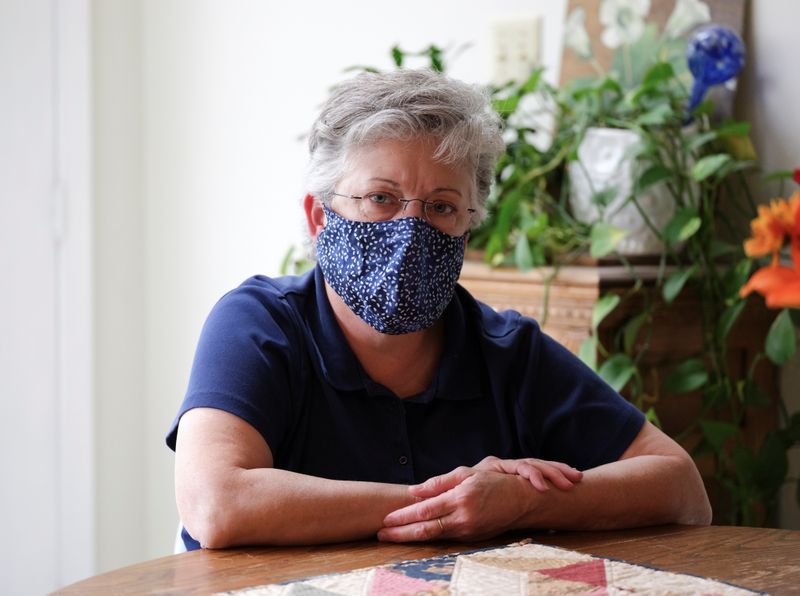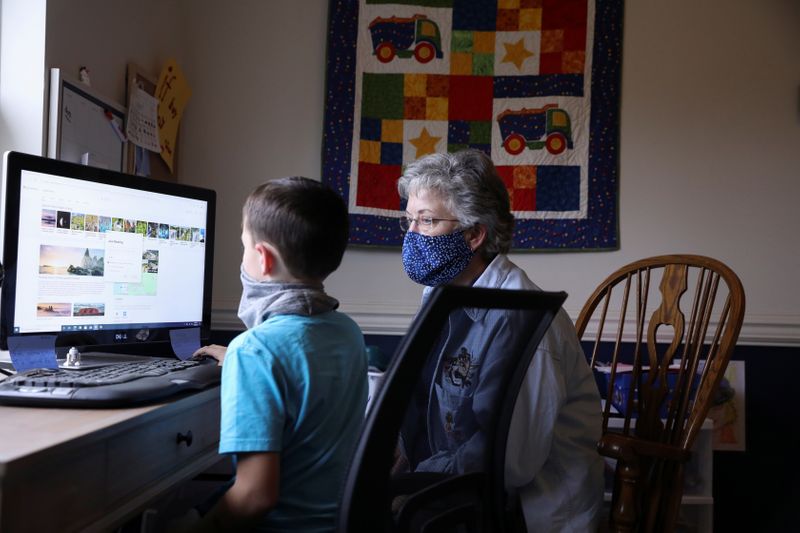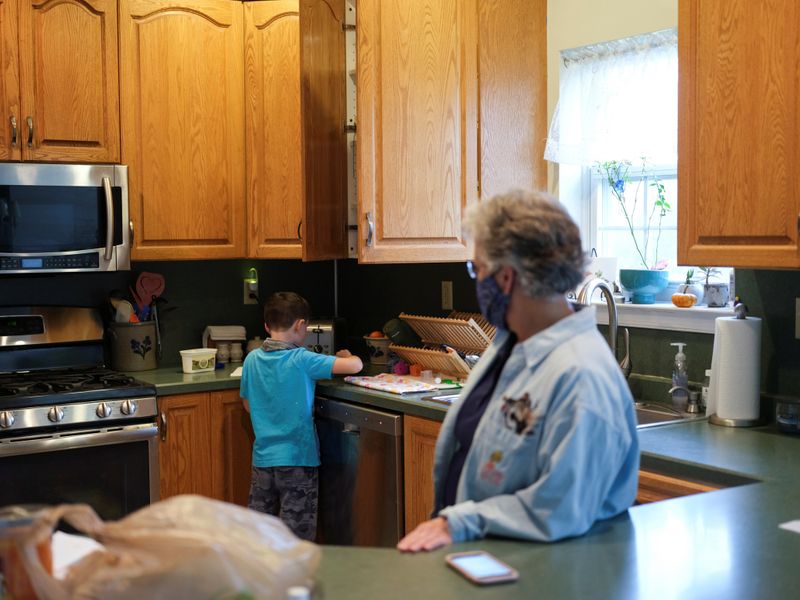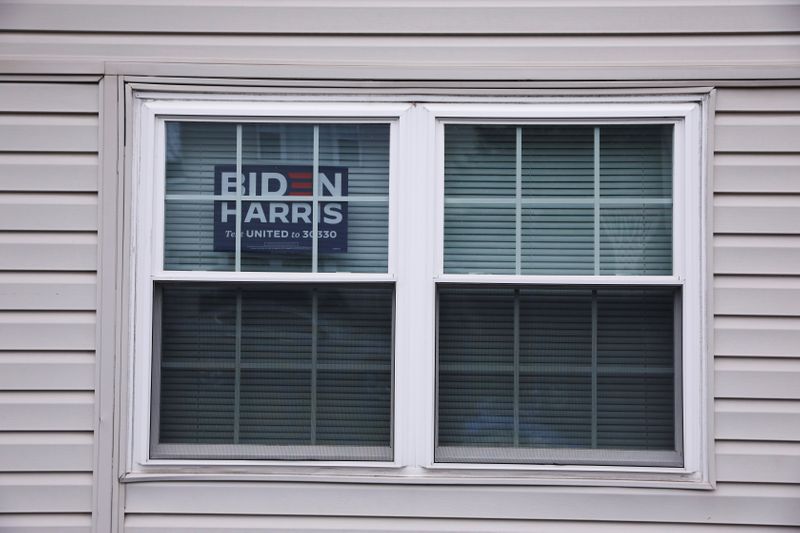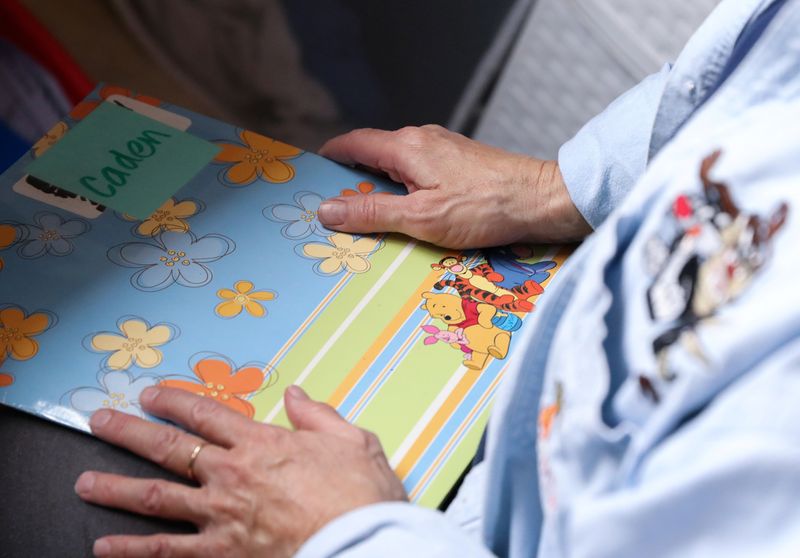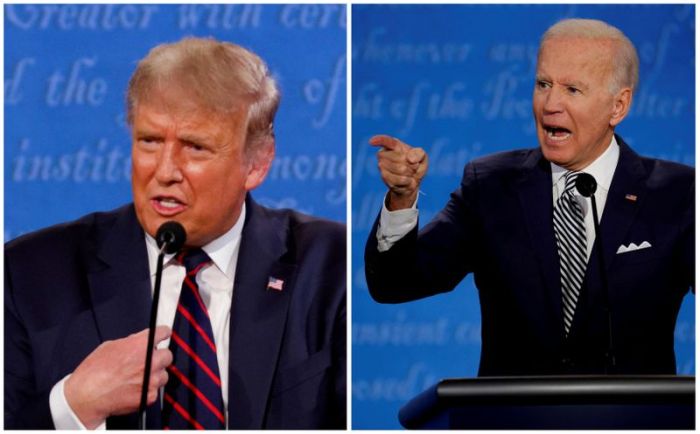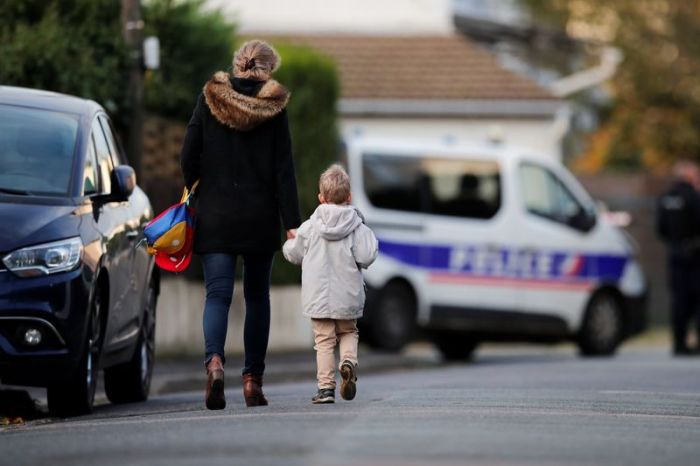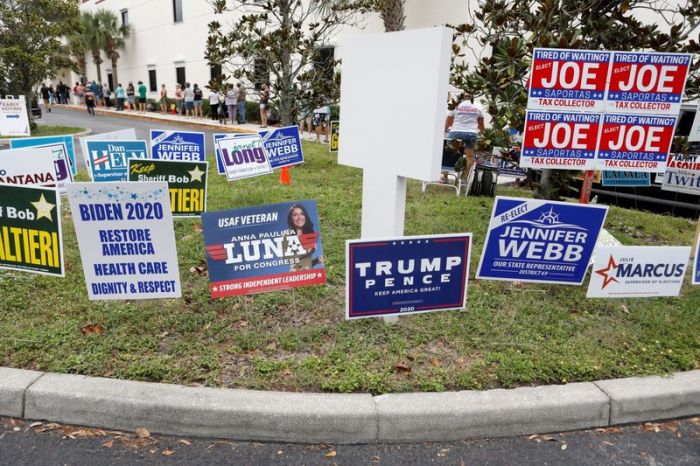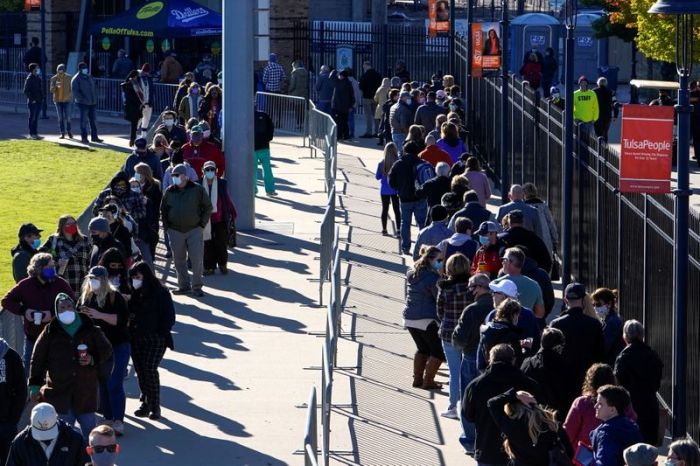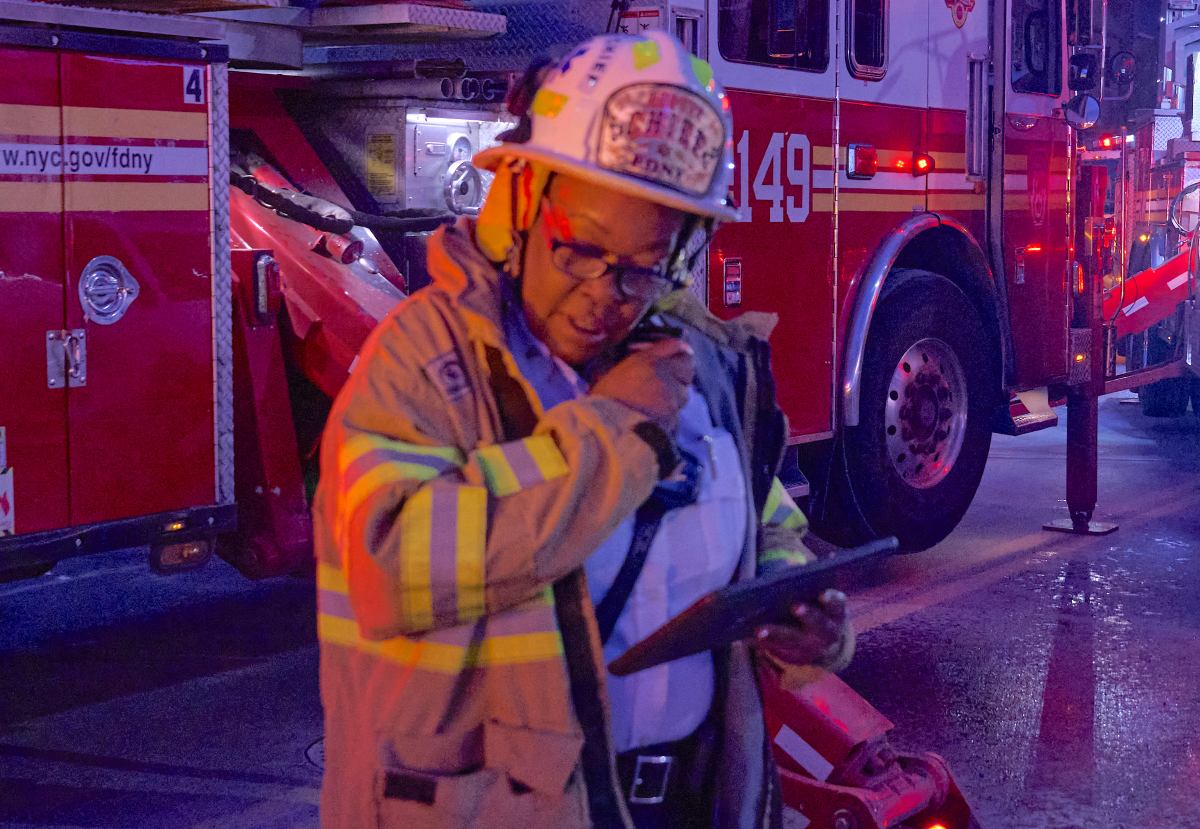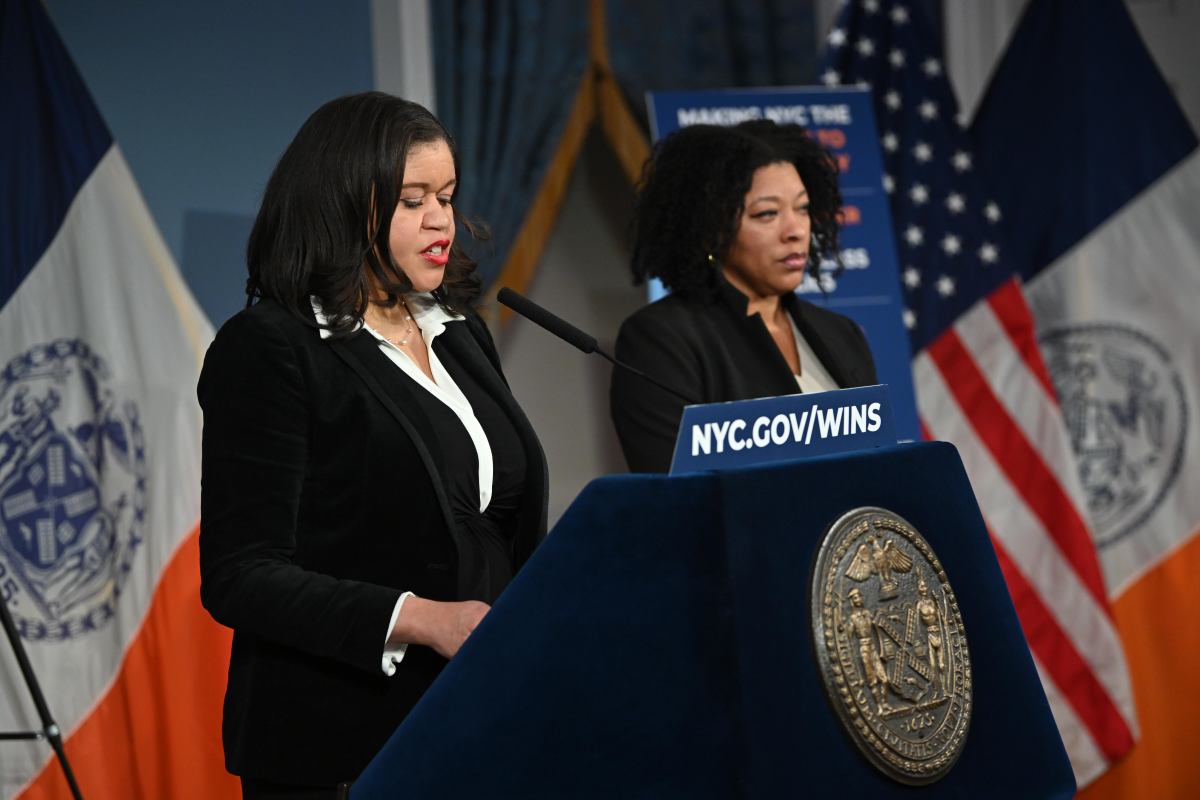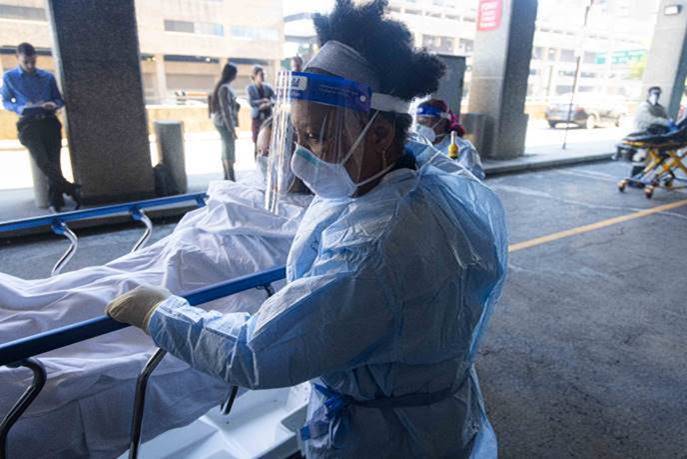LOS ANGELES (Reuters) – When lifelong Democrat Mayra Gomez told her 21-year-old son five months ago that she was voting for Donald Trump in Tuesday’s presidential election, he cut her out of his life.
“He specifically told me, ‘You are no longer my mother, because you are voting for Trump’,” Gomez, 41, a personal care worker in Milwaukee, told Reuters. Their last conversation was so bitter that she is not sure they can reconcile, even if Trump loses his re-election bid.
“The damage is done. In people’s minds, Trump is a monster. It’s sad. There are people not talking to me anymore, and I’m not sure that will change,” said Gomez, who is a fan of Trump’s crackdown on illegal immigrants and handling of the economy.
Gomez is not alone in thinking the bitter splits within families and among friends over Trump’s tumultuous presidency will be difficult, if not impossible, to repair, even after he leaves office – whenever that is.
In interviews with 10 voters – five Trump supporters and five backing Democratic candidate Joe Biden – few could see the wrecked personal relationships caused by Trump’s tenure fully healing, and most believed them destroyed forever.
Throughout his nearly four-year norm-smashing presidency, Trump has stirred strong emotions among both supporters and opponents. Many of his backers admire his moves to overhaul immigration, his appointment of conservative judges, his willingness to throw convention to the wind and his harsh rhetoric, which they call straight talk.
Democrats and other critics see the former real estate developer and reality show personality as a threat to American democracy, a serial liar and a racist who mismanaged the novel coronavirus pandemic that has killed more than 230,000 people in the United States so far. Trump dismisses those characterizations as “fake news.”
Now, with Trump trailing Biden in opinion polls, people are beginning to ask whether the fractures caused by one of the most polarizing presidencies in U.S. history could be healed if Trump loses the election.
“Unfortunately, I don’t think national healing is as easy as changing the president,” said Jaime Saal, a psychotherapist at the Rochester Center for Behavioral Medicine in Rochester Hills, Michigan.
“It takes time and it takes effort, and it takes both parties – no pun intended – being willing to let go and move forward,” she said.
Saal said tensions in people’s personal relationships have spiked given the political, health and social dynamics facing the United States. Most often she sees clients who have political rifts with siblings, parents or in-laws, as opposed to spouses.
NEIGHBOR VS NEIGHBOR
Trump’s election in 2016 divided families, tore up friendships and turned neighbor against neighbor. Many have turned to Facebook and Twitter to deliver no-holds-barred posts bashing both Trump and his many critics, while the president’s own freewheeling tweets have also inflamed tensions.
A September report by the non-partisan Pew Research Center found that nearly 80% of Trump and Biden supporters said they had few or no friends who supported the other candidate.
A study by the Gallup polling organization in January found that Trump’s third year in office set a new record for party polarization. While 89% of Republicans approved of Trump’s performance in office in 2019, only 7% of Democrats thought he was doing a good job.
Gayle McCormick, 77, who separated from her husband William, 81, after he voted for Trump in 2016, said, “I think the legacy of Trump is going to take a long time to recover from.”
The two still spend time together, although she is now based in Vancouver, he in Alaska. Two of her grandchildren no longer speak to her because of her support for Democrat Hillary Clinton four years ago. She has also become estranged from other relatives and friends who are Trump supporters.
She is not sure those rifts with friends and family will ever mend, because each believes the other to have a totally alien value system.
Democratic voter Rosanna Guadagno, 49, said her brother disowned her after she refused to support Trump four years ago. Last year her mother suffered a stroke, but her brother – who lived in the same California city as her mother – did not let her know when their mother died six months later. She was told the news after three days in an email from her sister-in-law.
“I was excluded from everything that had to do with her death, and it was devastating,” said Guadagno, a social psychologist who works at Stanford University, California.
Whoever wins the election, Guadagno is pessimistic that she can reconcile with her brother, although she says she still loves him.
UNCERTAIN POST-TRUMP WORLD
Sarah Guth, 39, a Spanish interpreter from Denver, Colorado, said she has cut several Trump-supporting friends out of her life. She could not reconcile herself to their support for issues such as separating immigrant children from parents at the southern border, or for Trump himself after he was caught on tape bragging about groping women.
Guth and her Trump-voting father did not speak to each other for several months after the 2016 election. The two now do speak, but avoid politics.
Guth says some of her friends cannot accept her support for a candidate – Joe Biden – who is pro-choice on the question of abortion.
“We had such fundamental disagreements about such basic stuff. It showed both sides that we really don’t have anything in common. I don’t believe that will change in the post-Trump era.”
Fervent Trump supporter Dave Wallace, 65, a retired oil industry sales manager in West Chester, Pennsylvania, is more optimistic about feuding families in a post-Trump world.
Wallace says his support for Trump has caused tensions with his son and daughter-in-law.
“The hatred for Trump among Democrats, it’s just amazing to me,” Wallace said. “I think it’s just Trump, the way he makes people feel. I do think the angst will decrease when we’re back to a normal politician who doesn’t piss people off.”
Jay J. Van Bavel, a professor of psychology and neural science at New York University, said this “political sectarianism” has become not only tribal, but moral.
“Because Trump has been one of the most polarizing figures in American history around core values and issues, people are unwilling to compromise and that is not something you can make go away,” Van Bavel said.
Jacquelyn Hammond, 47, a bartender in Asheville, North Carolina, no longer speaks to her Trump-supporting mother Carol.
“I also discouraged my son from talking to my mom about politics. I’m not letting her influence him politically,” Hammond said.
She said she would like to heal the relationship, but believes that will be difficult, even if Trump loses the election.
“Trump is like the catalyst of an earthquake that just divided two continents of thought. Once the Earth divides like that, there’s no going back. This is a marked time in our history where people had to jump from one side to the other. And depending on what side you choose, that is going to be the trajectory for the rest of your life,” she said.
Hammond said she first realized her relationship with her mother was in trouble shortly after the 2016 election when she defended Clinton while driving with her mother.
“She stopped the car and told me not to disrespect her politics. And if I don’t want to respect her politics, I can get out of the car.”
Bonnie Coughlin, 65, has voted mostly Republican all her life, except in 2016 when she backed a third party candidate. This time she is all in for Biden, even holding a small rally for him on the side of a highway near Gilbertsville, Pennsylvania.
Raised in a Republican, religiously conservative family in Missouri, she says her relationships with her sister, father and some cousins – all ardent Trump supporters – have soured.
Coughlin says she still loves them, but “I look at them differently. It’s because they have willingly embraced someone who is so heartless and just shows no empathy to anyone in any circumstances.”
She added: “And if Biden wins, I don’t think they will go quietly into the night and accept it.”
(Reporting by Tim Reid in Los Angeles, Gabriella Borter in Raleigh, N.C. and Michael Martina in Detroit; Additional reporting by Elizabeth Culliford in London; Editing by Ross Colvin, Daniel Wallis and Raju Gopalakrishnan)

